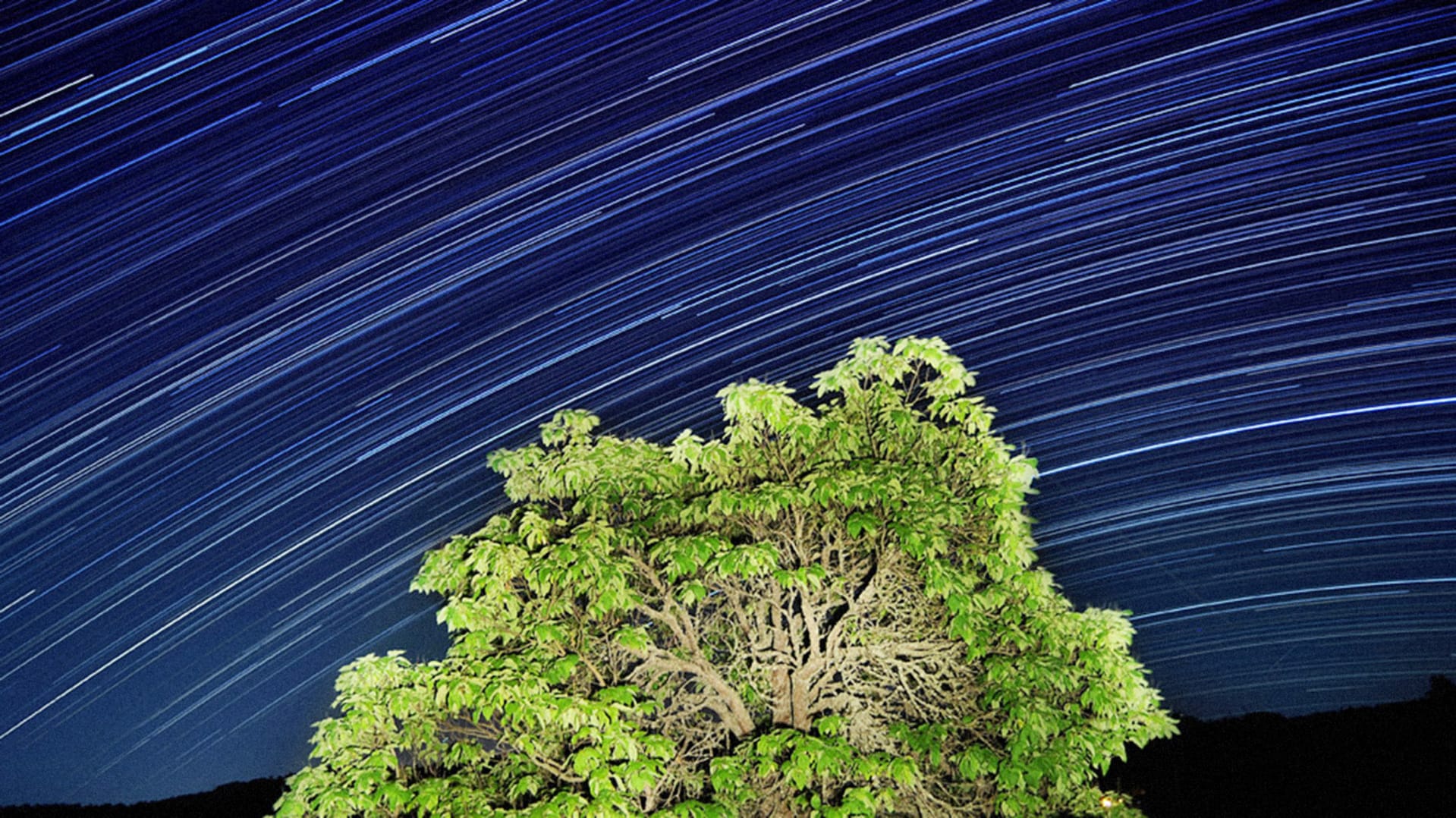Facebook may be ramping up to release their RSS reader on June 20, according to rumors that RSS-related code snippets have begun popping up in the Graph API. The reactions have been largely ambivalent. But RSS integration might just be a way of making Facebook useful again–and for news junkies, it might actually be the most powerful use of the Facebook Graph yet.
Let’s be honest: Facebook’s original demographic–people like me, who got into the early Facebook college rollout in 2004-5–really couldn’t give less of a shit about what’s happening on Facebook today. My aunts, uncles, and other middle-aged relatives have taken it over, making it look more like a never-ending family reunion than the naughty-stalker tool it once was. All my interesting stuff ends up on Twitter or Instagram, where my circles are smaller and my posts are less self-conscious.
Still, at its core, the News Feed is Facebook’s one and only successful product. In the rare moments that I return to Facebook, it’s for News Feed. Sure, people use Messenger, but it’s fungible with Gchat and any number of other options. People use Photos too, but not with the passion or the frequency they do on Instagram. The killer app on Facebook is the News Feed, and I’d argue (from the perspective of someone who works in publishing) that it’s the smartest news content-river architecture on the web. In a few years, the home pages of FastCompany.com and every other publisher will look more like News Feed.
What News Feed lacks is actual news. You know, news that you care about–news from the outside world. Facebook fails on its promise as a publisher because its “news” items are solely sourced from your friends. If the larger news cycle had any influence in News Feed, it might actually live up to its name.
Facebook is likely aware of this shortfall, as suggested by revamps to News Feed in March, made coincidentally right around the time Google announced Reader would be shuttered. In a headline entitled “Facebook’s Revamped News Feed Aspires To Be A Personalized Newspaper,” the beat blog AllFacebook covered how the social network was getting more serious about its content sort-by options to help distinguish between friend content and other “news” being pushed out by pages (and perhaps now, RSS feeds). Zuckerberg’s most notable comment from that rollout involved a lot of talk about newspapers:
News Feed is one of the most important services that we’ve built. It’s all the things that your friends are doing, and it puts them right in front of you so you can see it in one place. If you look at the history of News Feed, you can think about it as just a single stream of content, but our goal is actually a lot broader. What we’re trying to do is give everyone in the world the best personalized newspaper we can. We believe that the best personalized newspaper should have a broad diversity of content. It should have high-quality public content from world-renowned sources, and it should also have socially and locally relevant updates from family, friends, and the people around you. It should also enable you to drill into any topic that you want to discuss.
This was the process that Reader project managers had tried to do in reverse. As this former Reader project manager says on Quora:
But after switching the sharing features over to G+ (the so called “share-pocalypse”) along with the redesigned UI, my guess is that usage just started to fall – particularly around sharing. I know that my sharing basically stopped completely once the redesign happened [3]. Though Google did ultimately fix a lot of the UI issues, the sharing (and therefore content going into G+) would never recover.
It’s harder to build a network on top of a content aggregator than it is to build content aggregation into an extant social network like Facebook. (If you’ve ever read the hundreds of pages of documentation for the Graph API, you’ll realize that social graph architecture isn’t exactly something you just bolt on.) Facebook is in a far better position to become a bona fide news reader than Reader ever was to become a social network.
